Frederica Freyberg:
I’m Frederica Freyberg. Tonight on “Here and Now,” a first look at possible ripple effects from the Alabama election. After that, a closer look at what eliminating net neutrality means to your internet access. Then in our inside look, hurdles faced by some facing workers’ comp in Wisconsin. We launch our look ahead into the State Supreme Court race with an interview with candidate Tim Burns. It’s “Here and Now” for December 15.
Announcer:
Funding for “Here and Now” is provided, in part, by Friends of Wisconsin Public Television.
Frederica Freyberg:
A first look tonight at the dramatic election in Alabama this week, a drama that propelled a Democrat to the U.S. Senate in Alabama for the first time in 20 years. Democrat Doug Jones riding on a tide of women and black voter support defeated controversial Republican candidate Roy Moore in spite of Moore's endorsement by President Trump. Moore’s profile of inflammatory positions on race, women and as well as sexual misconduct allegations became a litmus test of the current political moment. For some insight as to what all this means, we turn to Mordecai Lee, a professor in the Political Science Department at UW-Milwaukee. Thanks very much for being here.
Mordecai Lee:
Thanks for inviting me.
Frederica Freyberg:
Was the Alabama election really just about a bad candidate?
Mordecai Lee:
I think it’s really easy to over-interpret the results. You’re right. He was a bad candidate in the sense he was a bridge too far even for people who generally vote for Republicans. So it doesn’t mean a lot. It showed you that there’s an outer limit to what in a sense soccer moms will vote for. It also showed us under certain circumstances you can have a higher than average turnout in college towns. You can have a higher than average turnout with African-Americans. But nonetheless, those are moderate results. We shouldn’t read too much into it.
Frederica Freyberg:
Was it a referendum on President Trump, in your mind?
Mordecai Lee:
You know, to a certain extent, every election that occurs when there’s a sitting president could be interpreted as a referendum on the president. This probably was a little bit. Virginia probably was a little bit. But generally speaking if we talk about Wisconsin politics, even though every midterm election, people start saying this is a referendum on the president, whether it’s a Democrat or Republican, generally speaking Wisconsin election results are not a referendum on the sitting president.
Frederica Freyberg:
Now, you talked about turnout just a moment ago, but how did this election turn on voter turnout?
Mordecai Lee:
Well, it turned on voter turnout in both the pluses and the negatives. It was a negative in the sense that some typical Republican voters stayed home. Some typical Republican voters wrote in a nominee. In other words, they didn’t vote for their party’s candidate. That margin would almost have been enough to change results. Then the Democratic base turned out in an above average way. So if we want to translate that to Wisconsin, so in Wisconsin we’re going to be having a midterm election. Midterm elections have a lower turnout than you would expect from presidential elections. Generally speaking, based on economics, the lower the turnout in Wisconsin, the more the results skew for a Republican. For Democrats this is a heavy lift. This is getting a presidential turnout in a non-presidential year.
Frederica Freyberg:
So you don’t think Democrats should believe the Alabama results necessarily carry forward?
Mordecai Lee:
Well, ask me the day after the election and then we can know for sure. But does it give Democrats optimism when they look at it across the board, not just Alabama, but Virginia? Sure, it gives them optimism. They want to reelect a sitting U.S. Senator in an off-year election when they usually don’t do very well. So there’s something to encourage them. But I'd say generally speaking we should expect that Republicans would be in a better position.
Frederica Freyberg:
It’s interesting, though, because just after the election results came in, there was a lot of talk about how badly hurt Republicans would be by this. But you don’t think so?
Mordecai Lee:
Well, there’s no doubt that the Republican brand is hurt generally speaking by Trump, but if you look at what happened a year ago — excuse me, in 2016, Trump loses the Wisconsin primary to a more establishment candidate. That’s good news for a candidate like Vukmir. Trump wins Wisconsin in the general election. That’s an appealing result when it comes to Nickelson. So to a certain extent, Republicans really have to weigh it, do we vote for who we love in the Republican primary or do we vote for the person who we think has the better chance of winning? Now, of course Vukmir can make the case that she can win in November. But if we’re just interpreting results about the establishment Republican Party and the Trump Republican Party, high turnout in Wisconsin would be more beneficial to the Trump candidate.
Frederica Freyberg:
Let's pivot a little bit and let me ask you about rumors that Paul Ryan is going to retire. What do you make of those?
Mordecai Lee:
I think it’s true. Ever since he read “Atlas Shrugged” as an undergrad, he became an Ayn Rand person. That he believed that the success in America was bound up with changing marginal rates. Lowering marginal rates so that really the creative class has more money. And then he sat at the feet of Jack Kemp, who was the original believer in supply-side economics. A believer in the Laffer curve. So all his career, he’s wanted to cut the marginal rates for upper incomes and for corporations. He’s accomplished his life’s dream. What’s the second act? It can only be anti-climactic. And he’s been in for 20 years. So I think it’s true. I think he’s likely to step down.
Frederica Freyberg:
The second act, though, that he has also heralded for years is entitlement reform.
Mordecai Lee:
I think entitlement reform from a political point of view is another bridge too far. If we look back, George W. Bush gets reelected, says he wants to spend all his political capital of his second term to reform Social Security and it went just nowhere. He just really wasted all that political capital. I think that Ryan is a very good politician. He remembers that happens and he probably realizes the odds are of not succeeding in doing it. So why not go out on a high rather than on a low.
Frederica Freyberg:
Mordecai Lee, we leave it there. Thanks very much.
Mordecai Lee:
Thank you, Frederica.
Frederica Freyberg:
The Federal Communications Commission this week voted to repeal so-called net neutrality. In tonight’s closer look, we check in with telecommunications and internet expert Barry Orton. He’s Professor Emeritus at UW-Madison. Thanks for being here.
Barry Orton:
Thanks for having me.
Frederica Freyberg:
Describe for us what net neutrality was.
Barry Orton:
Well, it was the idea that the internet is like a public utility and that government essentially would assure that all users of the internet were treated equally and providers of the internet couldn’t discriminate between types of content.
Frederica Freyberg:
So what will repealing it mean for consumers?
Barry Orton:
In the short run probably very little. In the longer run it means consumers will pay more for internet service and probably will pay more for specific things on the internet like Facebook or Google or Amazon because they will be on the so-called fast lane and everybody else will be on the regular lane and to pay — to get on the fast lane, you’ll have to pay the providers more. And the providers here are AT&T and Verizon on the phone side and Charter and Comcast and other cable companies on the cable side.
Frederica Freyberg:
It seems kind of obvious but what will this repeal mean then for the service providers?
Barry Orton:
They will make more money and have less government oversight.
Frederica Freyberg:
Some people are saying this will be a good thing, this repeal of net neutrality, for rural areas underserved by internet service. Some say a bad thing.
Barry Orton:
I don’t think there will be any impact on rural areas versus urban areas. This is really not going to impact how fast providers build out rural areas. It will impact how much money they can charge their existing customers. I don’t think there’s going to be any impact at all, positive or negative, on rural, under-served areas. They’ll remain under-served.
Frederica Freyberg:
Except to the extent that if you do have the service, you’re likely to have to pay more for some kind of premiums.
Barry Orton:
Right, but it won’t make any difference in terms of the rural-urban gap in terms of the availability of broadband services.
Frederica Freyberg:
What about people concerned about the availability in schools, for example?
Barry Orton:
Well, schools are a separate problem. They are basically connected and get some kind of discounts to be connected, depending on where they are in the state and what their provisions are. But they’re really getting connected through the existing service providers and having their connectivity subsidized in some way and that’s really kind of a government subsidy. That’ll continue. That really has nothing whatsoever to do with the decision of the FCC this week.
Frederica Freyberg:
So how will it affect start-up kind of companies?
Barry Orton:
Well, here’s the real fear. That start-up companies dependent on the internet, the graduate students avoiding their dissertation and trying to build the next Google in their garage, they will have to pay an additional amount to get carried on a priority lane if they want to be seen and connected faster. Those start-ups don’t have the money to compete with the Googles. This really helps the very big, established companies fight off new services and new competitors. And that’s really not what it’s being advertised as.
Frederica Freyberg:
I've read some service providers saying, “Don’t worry, we’re not going to do that.”
Barry Orton:
Yes. It changes the internet to the honor system. We don’t do that. We won’t do that. And if we do that, we’ll tell you when we’re doing it. It really strips the government, particularly through the FCC, of the legal power to stop them from doing things that their contracts don’t allow them to do.
Frederica Freyberg:
But why should the internet be regulated in a free market?
Barry Orton:
Because the internet has become like a public utility. It’s become as ubiquitous and as necessary to normal modern life as electricity or water or any of the things that we now regulate as public utilities that are really monopoly-like and that everyday life depends on. Those utilities are regulated through state public utility commissions. In this state, it’s the public service commission. And through federal commissions like the Federal Communications Commission. This decision by a Republican-dominated Federal Communications Commission essentially says the internet is more like cable television and we’re going to trust those companies that provide it to bundle the services and charge for those services without government oversight because it’s not very important. It’s a luxury. It’s entertainment. And I think that’s absolutely 100% the wrong decision.
Frederica Freyberg:
Do you expect that any court challenges would be successful?
Barry Orton:
I don’t know. There will be many court challenges. They’re already started. Whether they’ll be successful or not is a really open question. That depends on which judges they’re seen by. But one of the real troubling things that’s happened with this decision is it’s been known that many of the public comments, the legal language that they’re basing the decision on, have come from non-people. They’ve come from bots. They are fake filings. People who are dead have filed. People who don’t exist have filed. Organizations that don’t exist have filed. Russians have filed. And so there is considerable evidence that 24 state attorney generals have filed suit saying this is based on fraud. So if the decision is based on fraudulent filings, there’s a real legal concern here.
Frederica Freyberg:
We'll be watching that. Barry Orton, thanks very much.
Barry Orton:
Thank you for having me.
Frederica Freyberg:
Wisconsin's U.S. Senators have opposing positions on the internet deregulation. Ron Johnson said, “Net neutrality is a clever marketing slogan, but it was used to create terrible policy that reduced the broadband investments necessary to improve access for rural Wisconsinites.” Baldwin said, “The FCC voted to roll back net neutrality rules and allow internet service providers to create an uneven playing field in the online marketplace for services and ideas.” Next from our partners at the Wisconsin Center for Investigative Journalism, workers’ comp claims in Wisconsin and whether injured workers are being denied by the State Labor and Industry Review Commission. A commission stacked since 2013 with Scott Walker appointees. Dee Hall is managing editor at the Center for Investigative Journalism. Thanks very much for being here.
Dee Hall:
Thanks for having me.
Frederica Freyberg:
Why did you start digging into this?
Dee Hall:
This is part of an overall investigation that we have been doing called “Broken Whistle.” We’re looking at the state of whistle-blowing in Wisconsin. And we’re also looking at Scott Walker’s efforts to rid out waste, fraud and abuse in state government. And what we’re finding is it’s somewhat of an uneven effort. And there may be some collateral damage there.
Frederica Freyberg:
What's an example from your reporting of workers’ comp of a case that was denied?
Dee Hall:
So we looked at — we featured a case of Richard Decker. He had worked for 36 years at Kohler Company making toilets there, was proud, was a hard worker, worked a lot of overtime and weekends. And he — in 2010 he was hit on the head by an 80-pound toilet and knocked out. He attempted to go back to work, but he had ongoing symptoms, dizziness. He’s developed a stutter. He is exhausted. He’s got a lot of pain. And so he filed for workers’ compensation and ultimately he was denied.
Frederica Freyberg:
And on the basis of?
Dee Hall:
So what happened in his case and happens in many cases is his doctors, his personal doctors, came forward and said, “We think that he is, in the end, permanently disabled, fully and permanently disabled.” The self-insured company, Kohler, hired its own experts to say that, “No. This is really — he healed a long time ago and he should be able to return to work.”
Frederica Freyberg:
Did your reporting find that the Walker Administration rejected workers’ comp claims more than in prior administrations?
Dee Hall:
It was a difficult thing. We were looking to see whether there was some imbalance because there were predictions back in 2013 when all three of the commissioners were Walker appointees that perhaps employers would have more favorable rulings. There’s a local attorney who did a study and he found that in fact between mid-2014 and mid-2016 that that was true in his assessment. He looked at every single case that was decided and found that overwhelmingly when decisions were reversed, they were reversed in favor of the employer.
Frederica Freyberg:
How does Wisconsin compare to other states in that regard?
Dee Hall:
I'm not sure about that. Each state has its own workers’ comp program. We were one of the first workers’ comp programs in the country over 100 years ago. And so it’s called the “Grand Bargain,” and it is that if someone is injured at work, rather than assigning blame and everybody getting their — calling their lawyers in and suing, what you’re supposed to be able to do as an injured worker is rely on your workplace to take care of you and of course then the employers rely on you being honest about your symptoms and the effects of your workplace injury. So for most people in our system, it works that way. It really does. But as it turns out, for some people, especially in these very high-cost cases like the Decker case, they feel that they were unfairly treated.
Frederica Freyberg:
So what kind of recourse does someone like Mr. Decker have, having been denied?
Dee Hall:
His case first went to an administrative law judge who declared that he was permanently and fully disabled. But then it was appealed to the Labor and Industry Review Commission. From there you can go to the circuit court, but their attorneys apparently advised them that that would probably not win.
Frederica Freyberg:
Takes us back a step, who pays into workers’ comp?
Dee Hall:
So the workers–so the employers get insurance for workers’ compensation and it depends — how much they pay depends on their claim history and the type of business that they are. And so it’s in businesses’ best interest to keep the claims down because then their premiums are down. So they are required, most businesses are required to be paying into the system.
Frederica Freyberg:
So with that said, do businesses in Wisconsin regard Wisconsin as friendly, you know, open for business in this way?
Dee Hall:
Well, I think that that was the prediction and I think that this one particular study — again, this is only one study and this was done by a person who represents injured workers. He used to represent companies and employers, but now he represents exclusively injured workers, so there will probably be some people who will say well, he’s biased. But he said he tried to look at things from both — because he’s been on both sides of these cases, to look at them as neutrally as he can. And there were several that he said really just broke his heart because he felt they were so wrongly decided.
Frederica Freyberg:
Has there been response and reaction from this commission or from the Walker Administration?
Dee Hall:
So the commission has a new chairperson and she issued a statement saying that there is no ideal proportion of pro-employer or pro-worker decisions. Every case should be decided on its merits individually and that to try to go about and prove that the commission is tilted one way or the other really is not useful. So she essentially says you have to judge each case individually and this particular look at it doesn’t do that.
Frederica Freyberg:
All right. Well, Dee Hall, thanks for your reporting.
Dee Hall:
Thanks for having me.
Frederica Freyberg:
Look for the Center for Investigative Journalism reporting on workers’ comp in newspapers across the state and online this Sunday. Now for a look ahead to the February 20 State Supreme Court primary election. The general election is April 3rd. Tonight, the first of our interviews with candidates in the race. Middleton attorney Tim Burns is a past chair of the American Bar Association’s Fair and Impartial Courts Committee. He currently serves on the National Board of the American Constitution Society, an organization that focuses on Constitutional issues. Tim Burns joins us now and thanks very much for being here.
Tim Burns:
Thank you so much for inviting me, Frederica. I’m happy to be here today.
Frederica Freyberg:
Why do you believe that you would be the best among the candidates running for State Supreme Court?
Tim Burns:
Frederica, I am the most likely candidate to stand up to Scott Walker and the legislature when they act outside the law. First, for my entire career, for the past 26 years, I have been standing up against giant insurance companies. That has been my practice, and I've gained a national reputation. And then also my values, quite honestly. I’ve been very open about my progressive political values in this campaign because I believe voters need to know what they’re voting for. If you elect judges, voters need to know. So when I say that I believe in one person/one vote, a woman’s right to choose, I am making a statement of candor with voters. And we need that on the court as well if we’re going to stand up to lawlessness.
Frederica Freyberg:
But how does that square with the idea that a Supreme Court justice is to be impartial?
Tim Burns:
So it depends on what you mean by impartiality. Let me tell you a little secret. Fifty-year-old lawyers and fifty-year-old people like me have points of view. I’ve spent my lifetime reading about the history and politics and legal system of this country. I have strong opinions. And in fact no one who serves on the Supreme Court is a blank slate. You expect people to come to that position having informed themselves of the law and our political system. And when you inform yourself, you develop opinions. Does that mean I prejudge cases? No. But it does mean that I have views on the law. Ordinary voters understand this. They don’t think it’s a mystery that the Republicans spent so much time trying to keep Merrick Garland off the U.S. Supreme Court and to put Neil Gorsuch on. Our courts — every major political question in this country comes before our courts and you better know what the values of the judges are.
Frederica Freyberg:
You said that you were spurred to run because of Donald Trump. How so?
Tim Burns:
So look. In many sort of ways, I am very fortunate person. My grandparents were Mississippi sharecroppers. My father was forced out of school by poverty in the 5th grade, my mother in the 10th grade. The only thing that made me possible was our middle class economy and the opportunity it offered. And Donald Trump I see as not only a danger to that middle class economy, he will further skew things toward the one percent. But he’s also a basic danger to our democracy. And on top of that, my children are from China, Frederica. And they’re first generation immigrants. We adopted them from China. So when he talks about immigration in the way he talks about it, it scares me. It scares me over what we’ve become. And when I'm afraid, I don’t cower in a corner, I stand up and fight for change.
Frederica Freyberg:
You said that you are also driven by anger. What does that mean?
Tim Burns:
It's the same thing. It’s — you know, having my children, most important thing in my life, and to see him talk about immigrants the way he did really did spur me on to act. Because it’s fundamentally a racial argument and a religion argument as well. It isn’t just saying we don’t want any immigrants. What he’s saying, it’s the normal divide talk. We only want the white immigrants. Whether he says it or not, that’s what he’s — looks to be aiming at. Completely unacceptable.
Frederica Freyberg:
And how would a role on the State Supreme Court ameliorate some of that anger?
Tim Burns:
So– the Supreme Courts in this country, like our Supreme Court, take 50 to 60 cases a year. They’re not handling every appeal. They’re not serving as an umpire. Fundamentally, what they do is shape our economy and our political system, when we’re talking whether unions are going to be busted, like the Supreme Court upholding Act 10 or photo ID. Every major political issue comes before our courts. And if you want to change things, if you want to get our democracy back, if you want equal opportunity for people who struggle, you have to participate. And I thought my best role would be to change this court.
Frederica Freyberg:
All right. Tim Burns, thanks very much.
Tim Burns:
Thank you.
Frederica Freyberg:
Now a turn from the judicial to the executive branch. Governor Walker signed legislation this week known as “Dillon's Law,” which allows trained individuals to carry and use Epipens. Also this week, hope for the rebirth of a northern Wisconsin landmark, Telemark Lodge. A senate committee heard from the public on a bill that would allow Cable to create a special tax district to entice renovation of the resort. The bill is expected before the full chambers in late January. And finally some Wisconsinites will head to the polls next Tuesday for special election primaries. Two Assembly districts are in play in the eastern part of the state: the 58th and the 66th. The lone Senate seat up for a vote is in the 10th district in western Wisconsin. The two Republicans running are State Assembly Representative Shannon Zimmerman and Adam Jarchow. The Democratic primary candidates are John Calabrese, Patty Schachtner and Reuben Herfindahl. The general elections for these races will be held in January. And that is our program for tonight. I’m Frederica Freyberg. Have a great weekend.
Announcer:
Funding for “Here and Now” is provided, in part, by Friends of Wisconsin Public Television.
Search Episodes
News Stories from PBS Wisconsin
09/10/25
Federal funding to programs to support students with deafblindness cut in Wisconsin and other states
09/09/25
Worker’s compensation payments to the severely injured in Wisconsin haven’t increased since 2016
09/08/25
Wisconsin legislative feud erupts in public with lawmaker accused of threatening fellow legislators

Donate to sign up. Activate and sign in to Passport. It's that easy to help PBS Wisconsin serve your community through media that educates, inspires, and entertains.
Make your membership gift today
Only for new users: Activate Passport using your code or email address
Already a member?
Look up my account
Need some help? Go to FAQ or visit PBS Passport Help
Need help accessing PBS Wisconsin anywhere?

Online Access | Platform & Device Access | Cable or Satellite Access | Over-The-Air Access
Visit Access Guide
Need help accessing PBS Wisconsin anywhere?

Visit Our
Live TV Access Guide
Online AccessPlatform & Device Access
Cable or Satellite Access
Over-The-Air Access
Visit Access Guide
 Passport
Passport
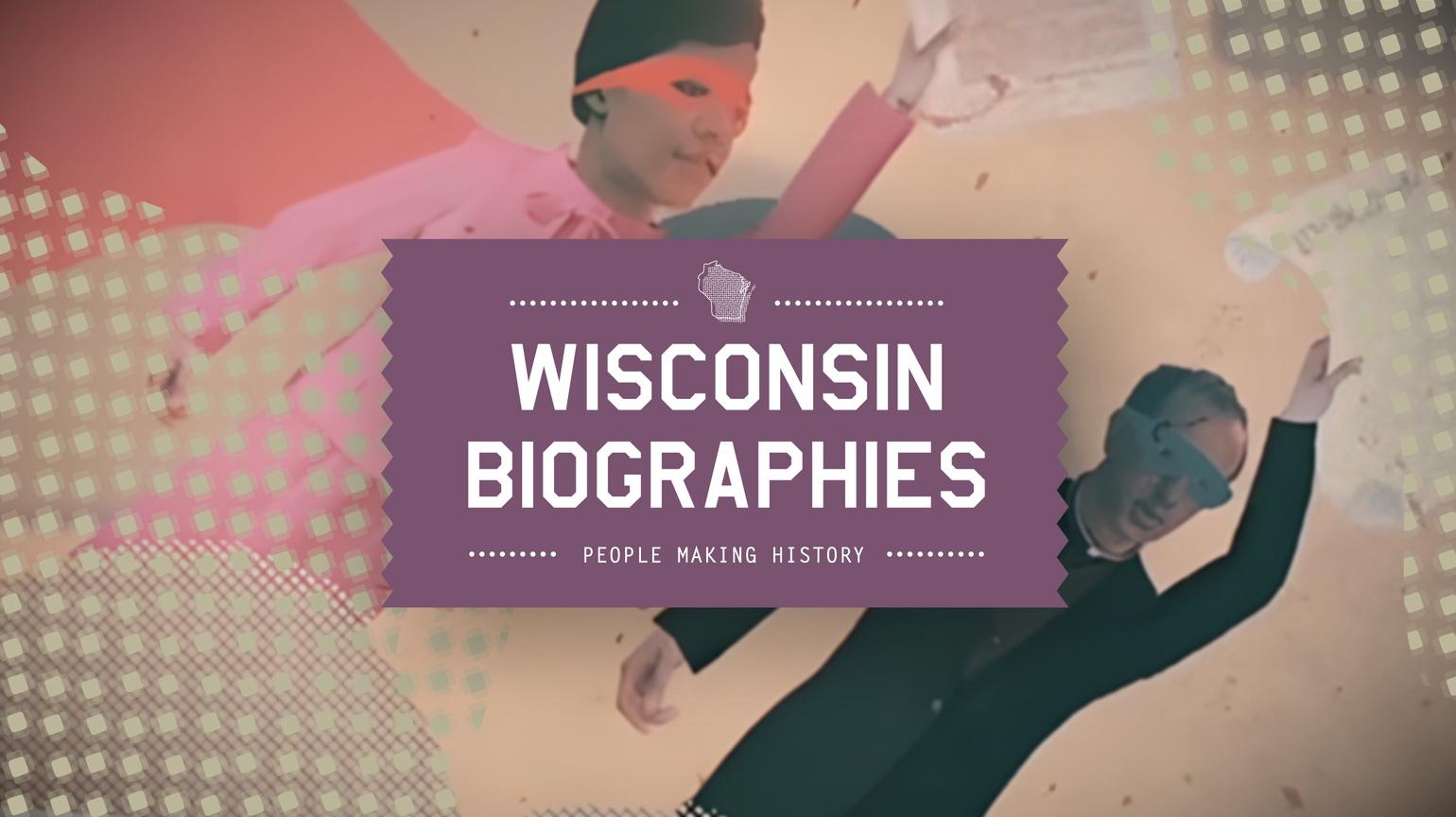

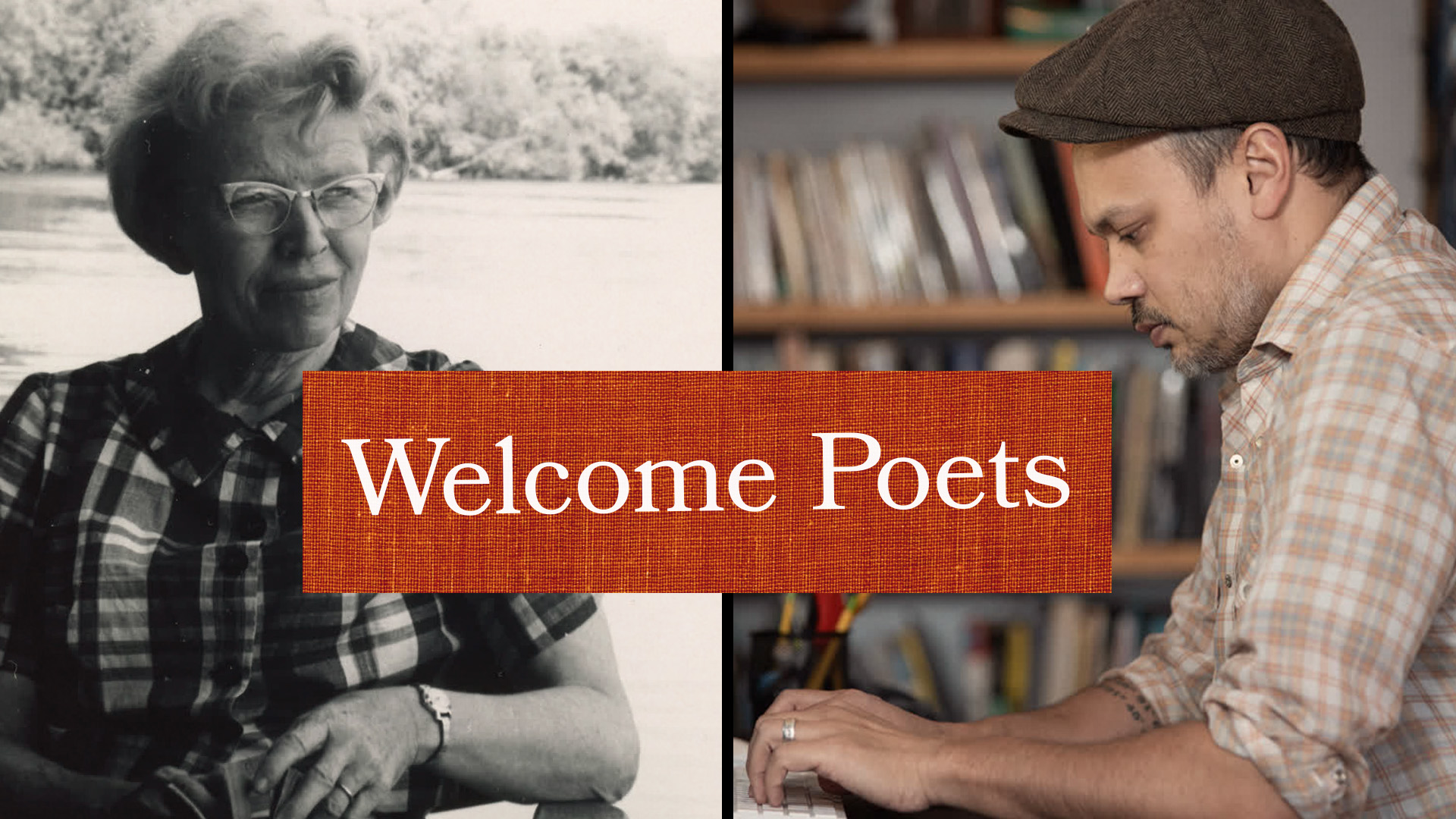
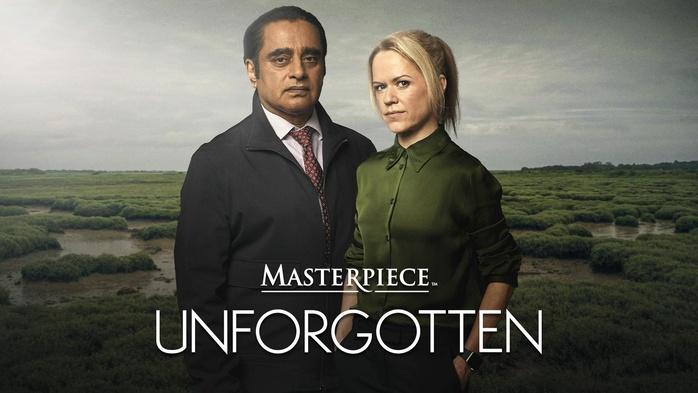

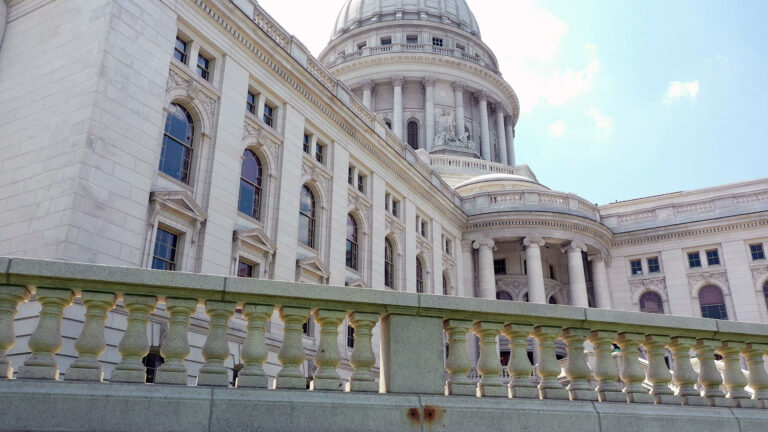
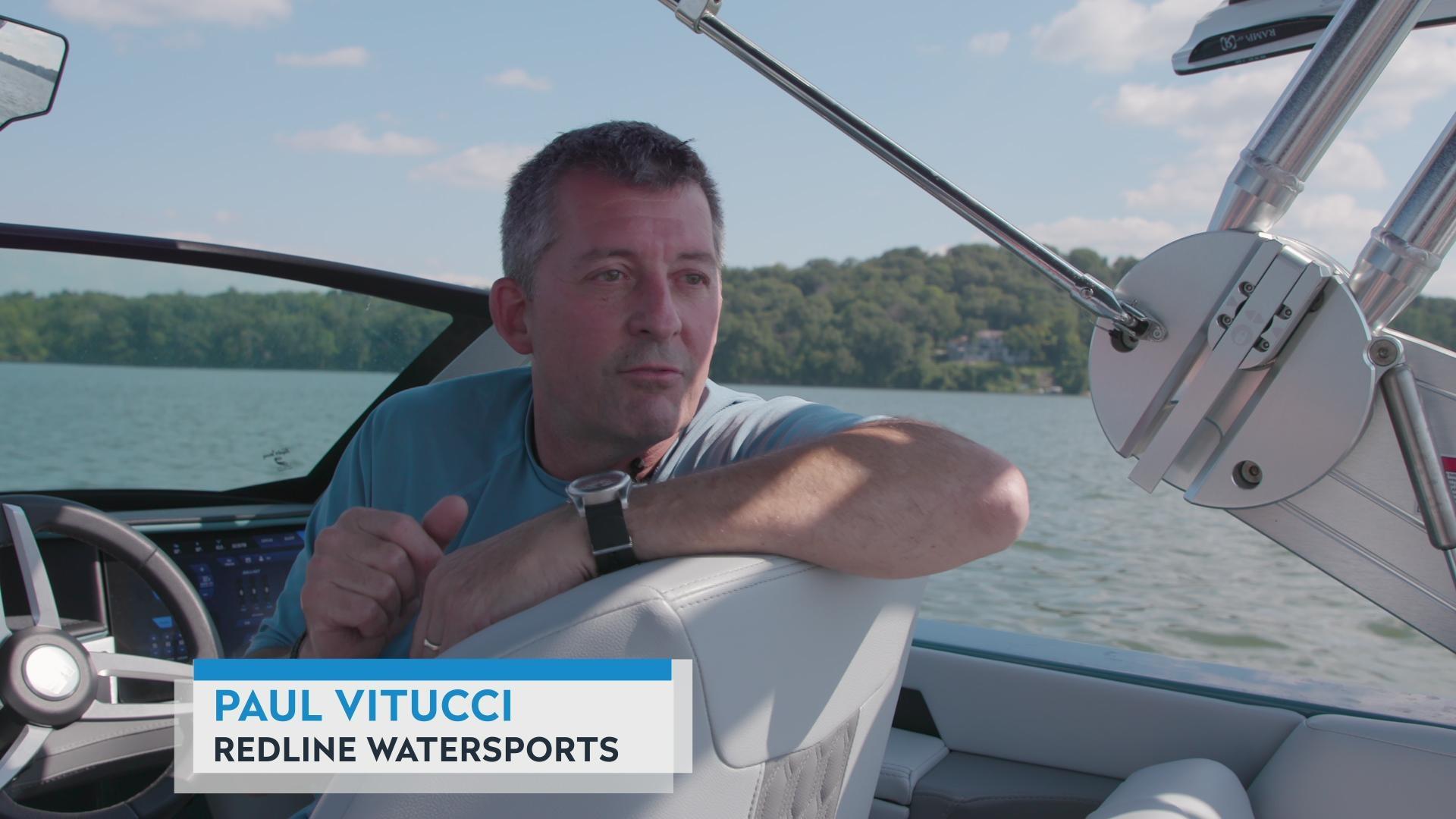
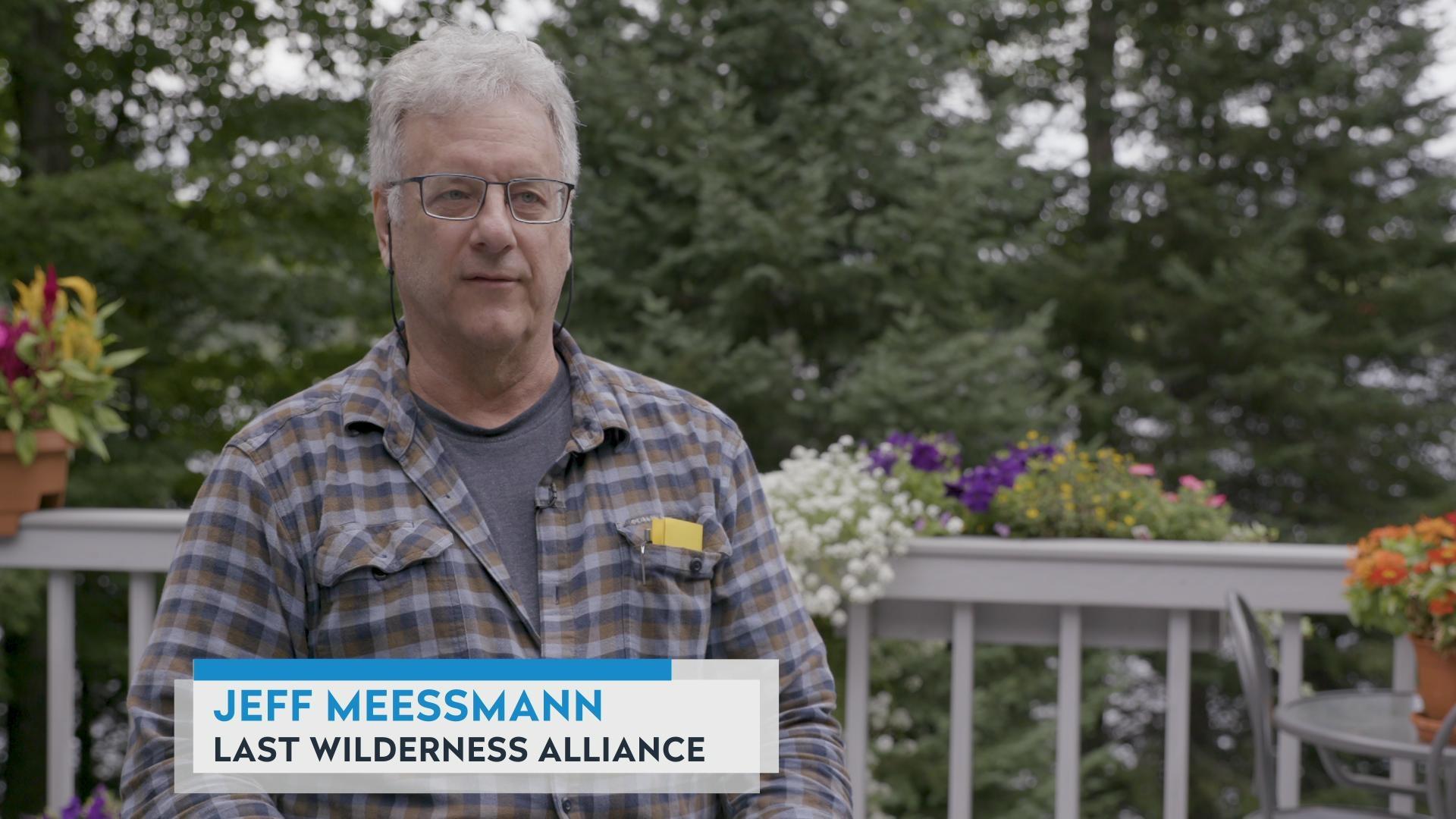
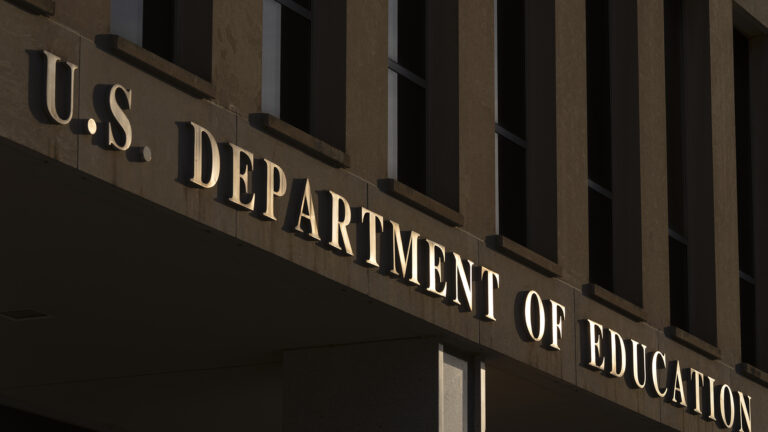
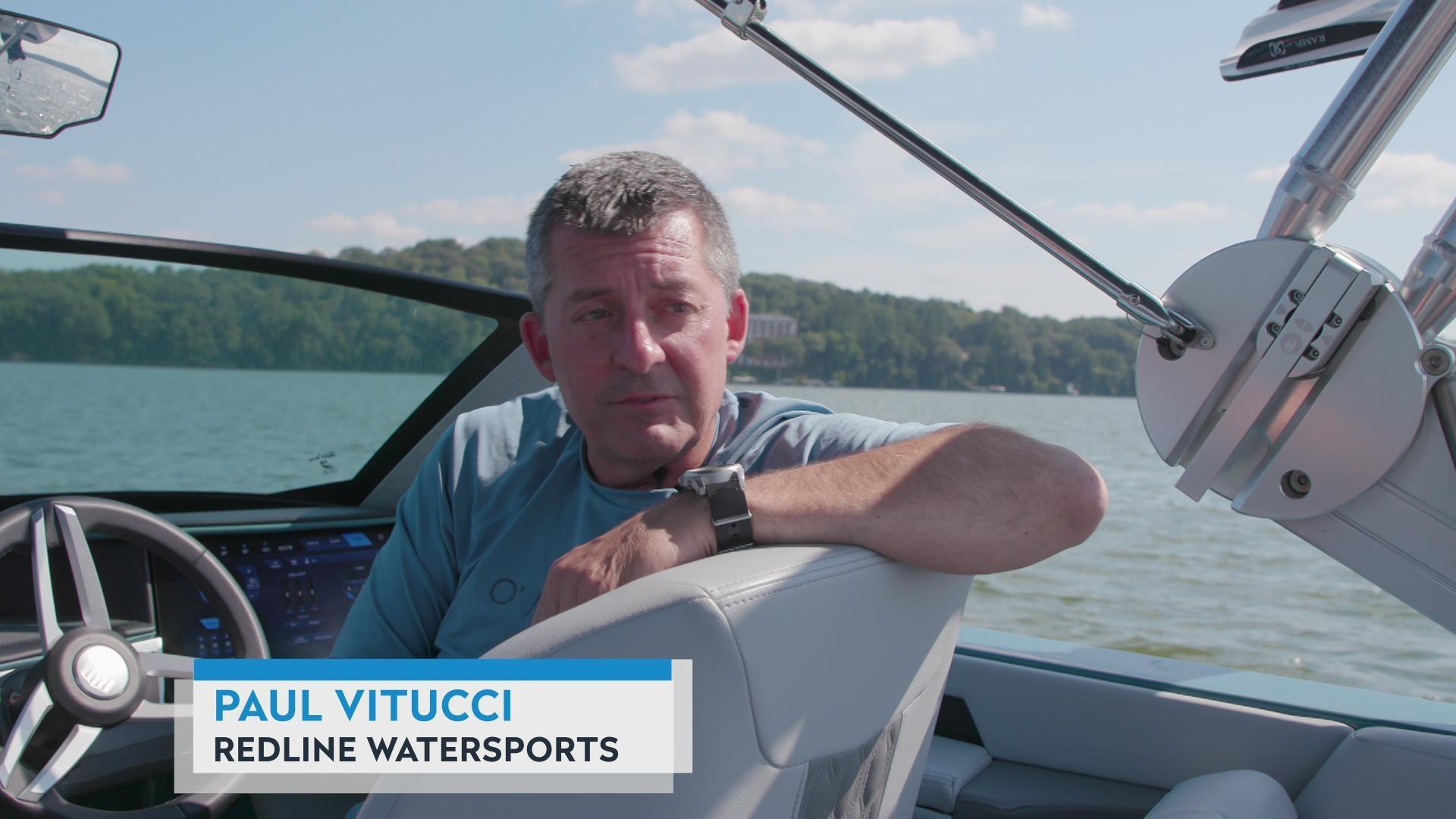
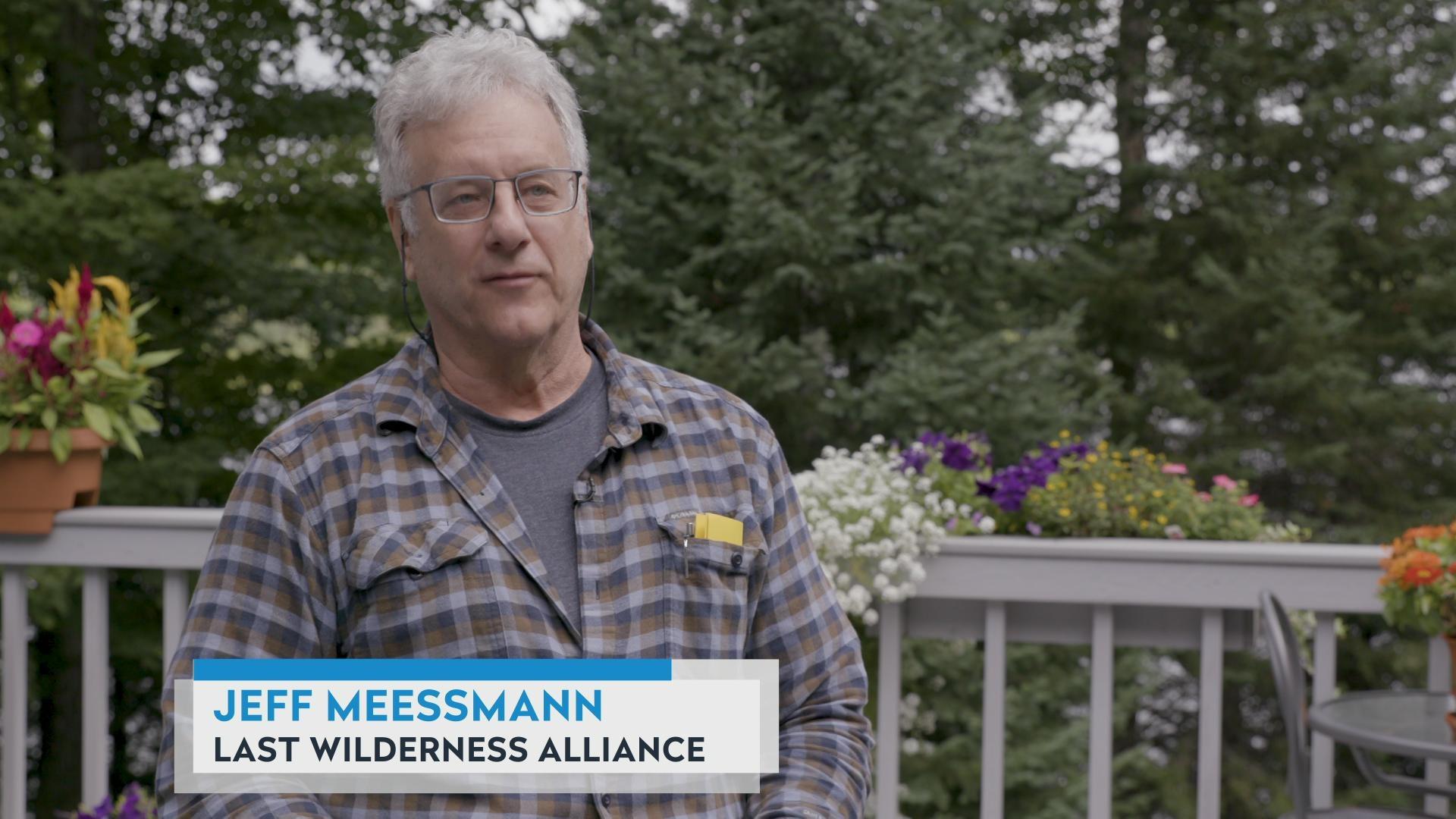
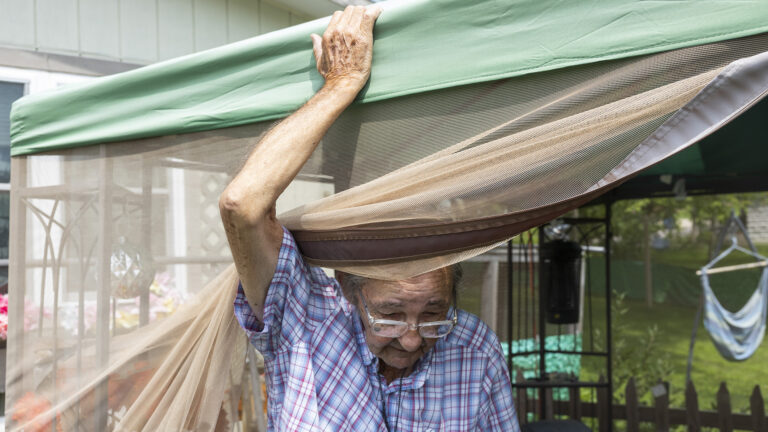
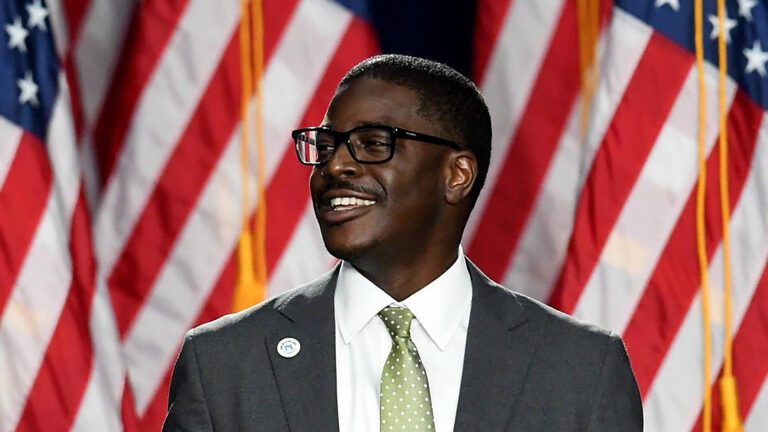
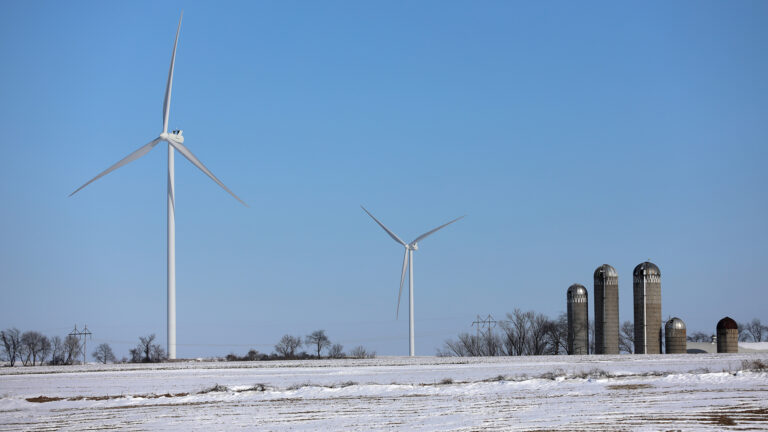
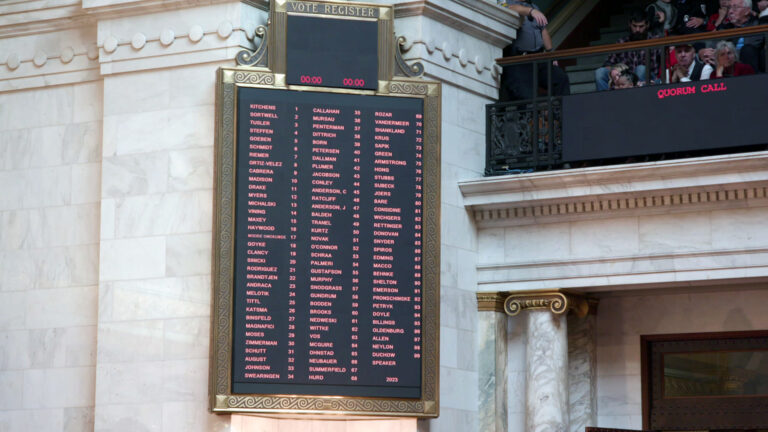
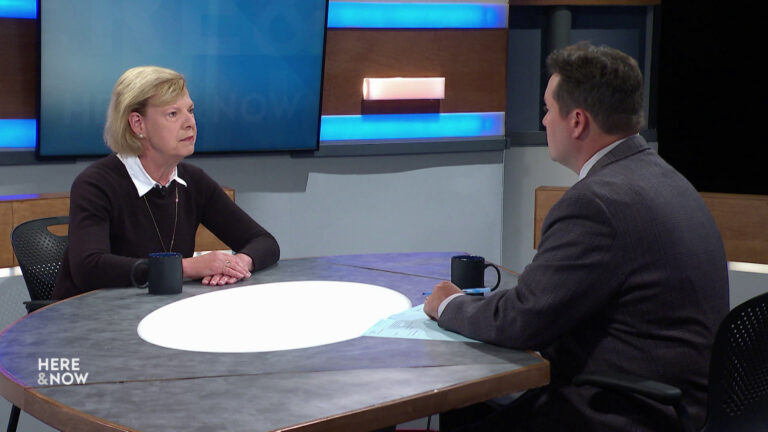


Follow Us